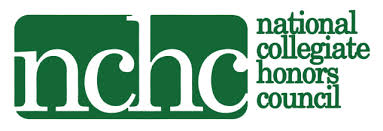What Good is Tolerance?
Seminar - UHON 301
Instructor(s): Richard Obenauf
Course Description
From Augustine’s defense of persecution to Locke’s case for religious toleration, from Hobbes’s all-powerful sovereign to Madison’s vision of a diverse republic, this seminar traces how societies have wrestled with the problem of difference. What does it mean to “tolerate” ideas, beliefs, or ways of life we find wrong—or even dangerous? Together we’ll examine how thinkers across centuries have drawn (and redrawn) the line between error and freedom, heresy and conscience, inclusion and exclusion. Readings include Augustine, Machiavelli, Erasmus, Hobbes, Locke, Jefferson, Franklin, Paine, Smith, Marx, Wollstonecraft, Emerson, Thoreau, Forster, and modern theorists like Michael Walzer and Preston King. Assignments include a reading journal, short reflections, an analytical essay, and a research project. The goal: to practice civil disagreement and understand why tolerance—far from indifference—is the hard discipline of letting others be wrong.
Texts
This class is a grand tour through some of the so-called “Great Books” of Western thought, including Machiavelli’s The Prince, Hobbes’s Leviathan, Smith’s The Wealth of Nations, Marx’s The Communist Manifesto, and works from the American Revolution by Paine, Franklin, Jefferson, Madison, Hamilton, and others, including the U.S. Constitution. We will likely end up dropping some things, and reading selections from others, making this ambitious reading list much more manageable than it might appear at first.
Requirements
As with all Honors courses, consistent attendance and active participation are required in this discussion-based seminar. Depending on enrollment, each student will either lead discussion on one of our readings at some point during the semester, or will offer a series of three-minute “leads” to stimulate class discussion throughout the semester. Students are expected to keep a private reading journal which will form the basis of a series of brief response papers. There will be just one shorter analytical paper and a longer term paper on a topic of your choosing.



Social Media
For news, information, prizes and more fun stuff follow us on our social media!
Honors College Resources